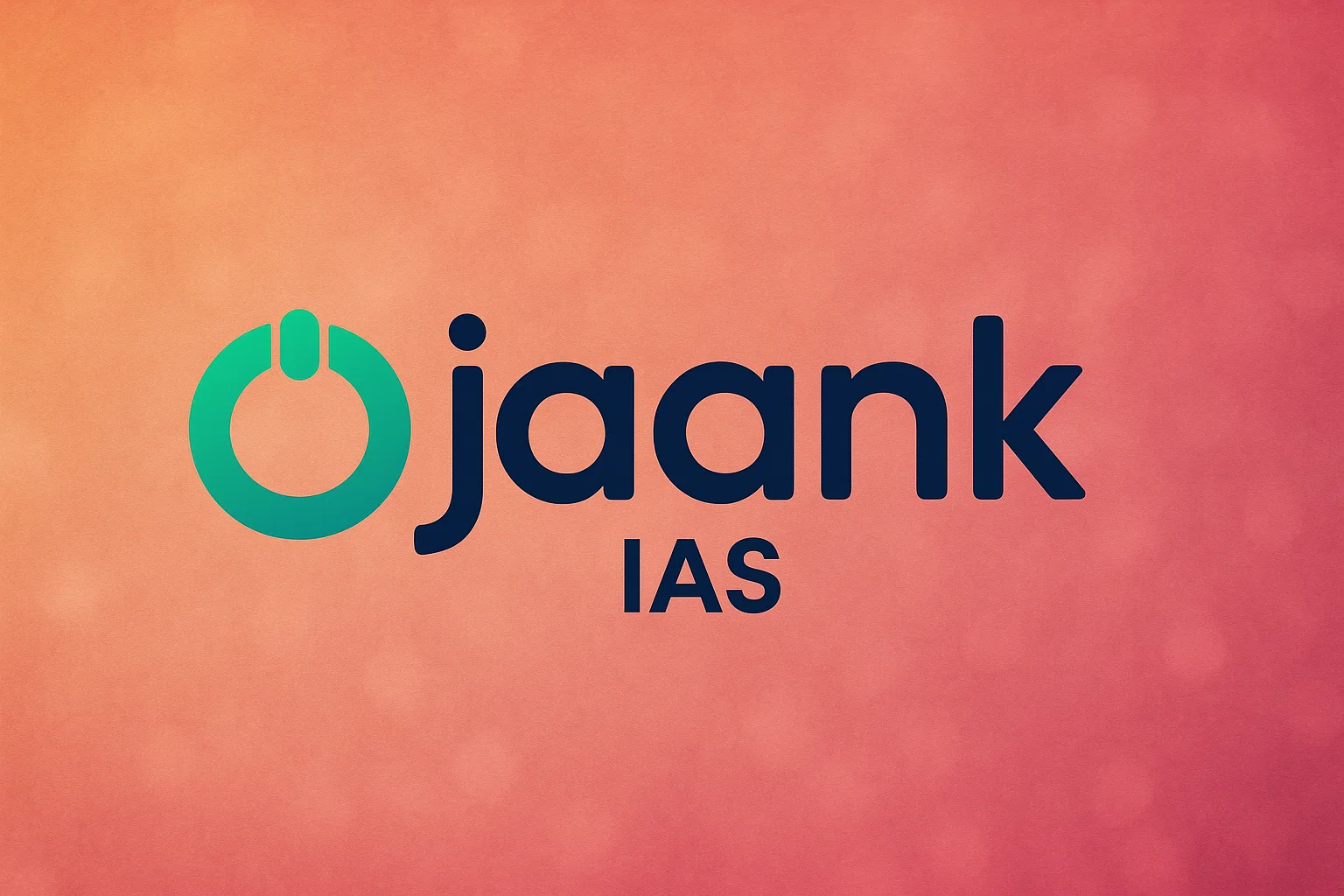In-Depth Analysis: The Centre's Reassurances to Indian Muslims Under the CAA

In an effort to quell the anxieties amongst the Muslim community triggered by the recent notification of the Citizenship (Amendment) Act (CAA) rules, the Ministry of Home Affairs (MHA) assured on the 12th of March that the new act will not necessitate Indian citizens, regardless of their religious affiliations, to furnish documentation to affirm their citizenship status.
The MHA, through a communiqué titled “positive narrative on CAA, 2019”, addressed a series of eight inquiries pertaining to the effects of the CAA on Islam and its adherents in India. This document, however, was expunged from the official government portal later the same day.
Addressing concerns regarding the CAA's implications for the Muslim population residing in India, the Ministry clarified that the act harbors no provisions that would affect the citizenship status of Indian Muslims. The MHA emphasized that the nation’s 18 crore Muslim populace should rest assured of their equal rights and freedoms, akin to those enjoyed by their Hindu counterparts. This statement came in response to apprehensions that the CAA, by facilitating citizenship based on religious criteria for six non-Muslim minority groups from Pakistan, Afghanistan, and Bangladesh who arrived in India on or before December 31, 2014, coupled with a potential nationwide implementation of the National Register of Citizens (NRC), could disproportionately disadvantage Muslims.
Notably, the period from December 2019 to March 2020 saw widespread protests and riots in Assam, Uttar Pradesh, Karnataka, Meghalaya, and Delhi following the enactment of the CAA, resulting in 83 fatalities. The Central Government has since communicated to Parliament its current stance of not proceeding with the preparation of a national-level NRC, thereby denying any linkage between the CAA and NRC.
Yet, under the Citizenship Rules of 2003, stemming from the Citizenship Act of 1955, the updating of the National Population Register (NPR) during the first phase of the Census remains a preliminary step toward compiling the NRC, a process that has not been amended or abandoned and requires no new legislative action for its nationwide execution. Assam stands as the sole state where the NRC has been compiled, under the Supreme Court’s orders, leading to the exclusion of 19 lakh individuals from the draft register out of 3.29 crore applicants.
The MHA also highlighted the CAA’s reduction of the residency requirement for citizenship from 11 to five years for those persecuted on religious grounds in the specified countries, asserting that this adjustment does not impinge upon the liberties or rights of Indian Muslims.
Addressing queries about any potential repatriation agreements with Bangladesh, Afghanistan, and Pakistan for illegal Muslim migrants, the Ministry stated that India holds no such accords with these nations.
Furthermore, the Ministry dispelled concerns over the CAA’s impact on the deportment of illegal immigrants and the perceived prejudice against Muslim minorities, affirming that the act does not pertain to the deportation of illegal migrants. It also posited that the CAA, by offering refuge to persecuted minorities, actually prevents the besmirching of Islam’s image internationally.
In conclusion, the MHA reiterated that the CAA does not preclude Muslims from any country from seeking Indian citizenship through naturalization, as per Section 6 of the Citizenship Act, 1955. This act, according to the Ministry, is a testament to India’s enduring ethos of compassion and inclusivity, designed to accommodate persecuted minorities from the specified nations while maintaining the integrity of India’s citizenship framework.